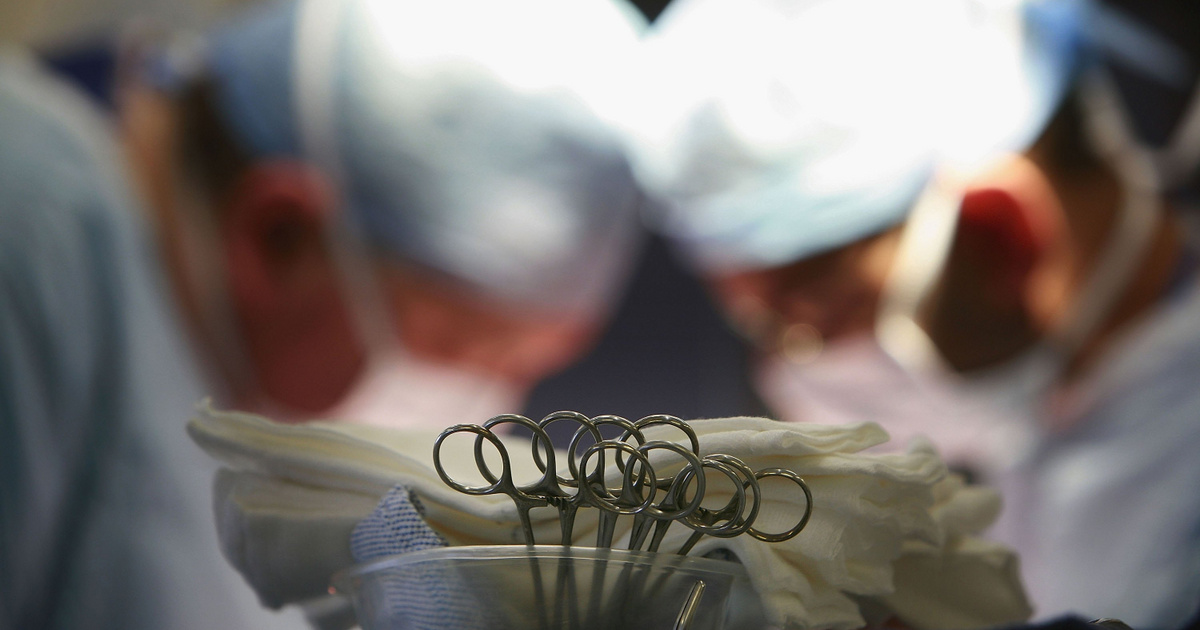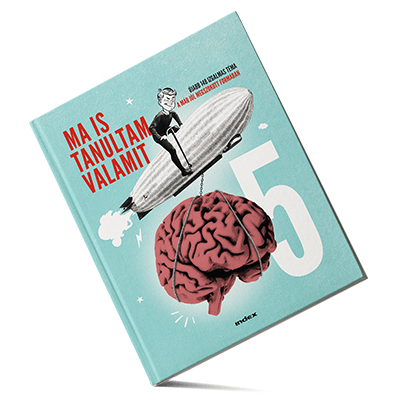“We're not claiming for a moment that you can get Alzheimer's disease just like a viral or bacterial infection,” he quotes: Watchman Professor John Collinge, A It was published in the journal Nature Medicine Study co-author, MRC Prion Unit Director.
The disease can only spread from person to person if people are accidentally inoculated with human tissue or with extracts of human tissue that contain the proteins responsible for Alzheimer's disease. Fortunately, this is an extremely rare and unusual circumstance, the researcher added.
The importance of the study is that it confirms the idea that there is a fundamental similarity between Alzheimer's disease and prion diseases that spread in the brain – such as Creutzfeldt-Jakob disease (CJD), kuru, and mad cow disease – in the distribution of genes. Pathological proteins in terms of their mechanism. These diseases usually develop spontaneously, but in less cases they can result from a genetic mutation or spread through the brain or affected nerve tissue.
How did it all turn out?
The study authors noted that between 1959 and 1985, nearly 2,000 patients in the United Kingdom were given growth hormone extracted from the pituitary gland of cadavers. The practice was banned in 1985 after it was discovered that some patients later died of central nervous system atrophy, more precisely Creutzfeldt-Jakob disease, due to hormone samples contaminated with the proteins that cause it.
One of the most notable events was the discovery of a protein called amyloid beta in the brains of some deceased patients, indicating the presence of Alzheimer's disease. Research showed that amyloid beta was present in some hormone infusions, and when given to mice it caused an Alzheimer's-like disease.
In their study, Collinge and colleagues published results from eight patients who were referred to the National Prion Clinic between 2017 and 2022. They all received human growth hormone from cadavers but did not develop Creutzfeldt-Jakob disease. Five of them showed symptoms of dementia reminiscent of Alzheimer's disease. Of the other three patients, one had mild cognitive impairment and one had cognitive difficulties (and the third had no symptoms).
The researchers noted that the patients' symptoms differed from those typical for Alzheimer's disease, which develops spontaneously or is associated with genetic risks. This can be attributed either to the fact that their disease has a different origin, or to the fact that it can arise from different strains of amyloid beta.
According to them, the results provide evidence that Alzheimer's disease can also develop as a result of hormone treatment of the affected pituitary gland.
According to Cowling and colleagues, in light of the results, it will be very important to ensure effective disinfection of surgical instruments.
Is there a reason to fear him?
In response to the results and conclusions of the study, Andrew Doig, professor of biochemistry at the University of Manchester, said that doctors until now have been very careful when transferring brain tissue between people.
Doig also noted that only eight patients participated in the study, some of whom had no genetic data, and that there is no direct evidence of different strains of amyloid beta yet.
Although the new type of Alzheimer's disease mentioned here receives great scientific interest because it reveals a new way of spreading the disease, there is no reason to fear it because the way the disease developed stopped more than 40 years ago.
Doig said.














































